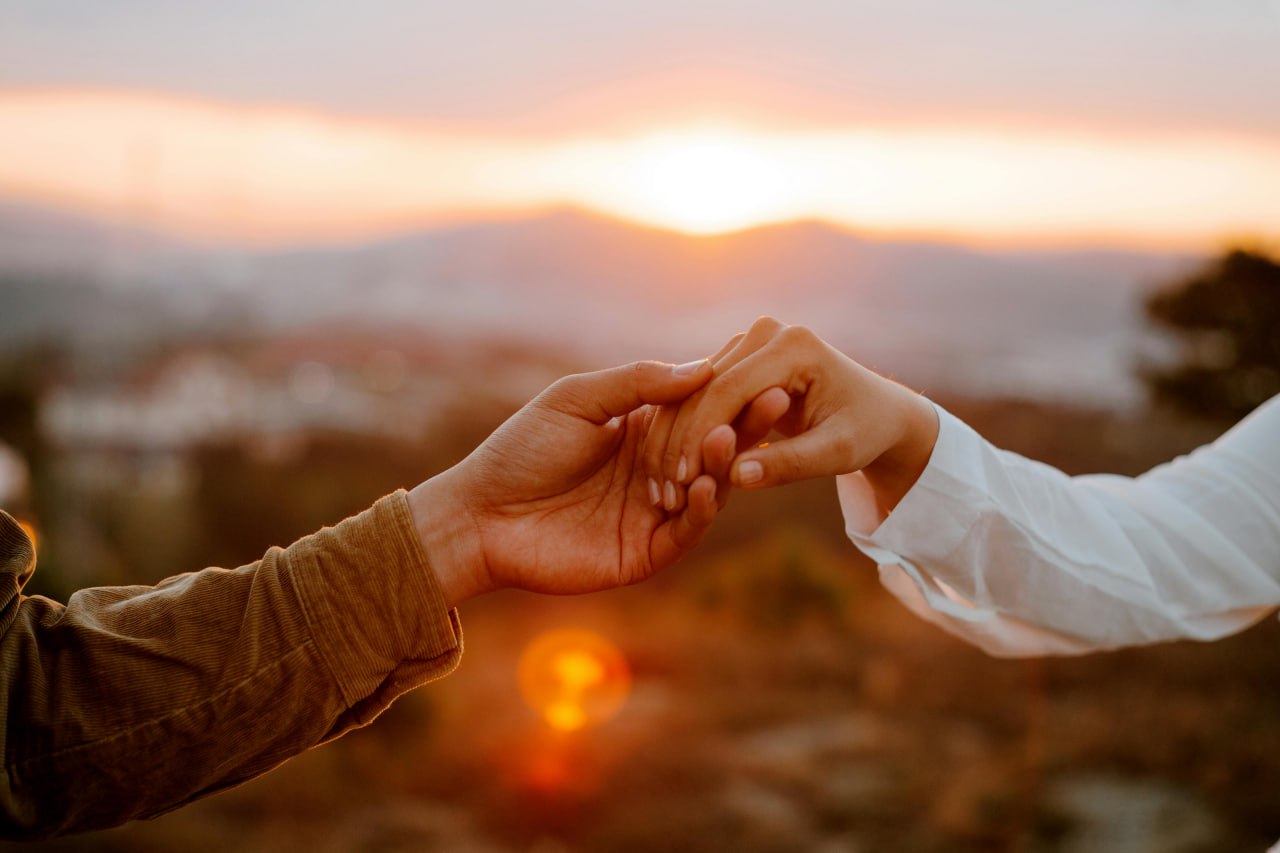Respect Each Other, Grow Together: Relationship Tips
Do you ever feel like your relationship has hit a rut? Maybe those little arguments seem to happen more often, or communication just feels off. The secret to rekindling the spark and building a truly strong bond might be simpler than you think – mutual respect!
- Ornella Jameson
- May 14, 2025
- 0 Comments
- 2545 Views
Respect is the foundation of any healthy relationship, and it goes beyond just being polite. This article will dive into the power of respect in your love life, from effective communication tips to fostering appreciation for each other's individuality. Get ready to learn, grow, and strengthen your relationship by building a foundation of respect!
People think about the word "respect" in many ways. Sometimes it means looking up to someone who inspires us. Other times, it's about listening to someone in charge, like a parent, teacher, or police officer, because they know more or have more power. Respect can also mean recognizing that everyone has the right to make their own choices and feel safe every day.
Here, we're talking about respect when it comes to dating. In a good relationship, both partners are equal - no one is the boss of the other. Each person can live their life, including choosing what they share with their partner. Respect means even if we don't always agree with our partner, we trust them and believe in their choices. This trust grows as the relationship gets stronger and you get to know each other better.
I. How to show respect in your relationship?
In a relationship, respect means treating each other well every day. Even if you don't agree or have an argument (which is normal sometimes), it's important to argue in a way that respects each other's opinions and feelings. Respect doesn't mean trying to control someone or make them do what you want. Instead, it's about letting each other be themselves and loving them for who they are.
In a good relationship, respect looks like:
- Talking openly and honestly
- Listening to each other
- Caring about each other's feelings and needs
- Finding compromises
- Speaking kindly to and about each other
- Giving each other space
- Supporting each other's interests, hobbies, and careers
- Encouraging each other
- Respecting each other's boundaries, no matter what.
Showing respect means doing things like paying attention when your partner talks about their feelings, respecting their personal limits, cheering on their hobbies, and saying nice things about them to other people. When you respect someone, you show that you think highly of them by the way you act, behave, and speak.
II. Respect thyself first, so that the other respects you
Respecting your partner is important, but it's just as important to respect yourself, whether you're single or in a relationship. Having self-respect helps you feel confident and build healthy relationships with others.
So, what does self-respect mean? It means liking yourself as you are. It doesn't mean you think you're perfect; nobody is perfect, but everyone deserves respect. You're important and valuable simply because you exist. Self-respect is about sticking to your own standards and not worrying too much about what others think. It's about looking after your body and mind, maybe by eating well, exercising in ways you enjoy, reading, going to therapy, following your faith, or anything else that feels right for you.
Now that you know what respect is and how you can respect, here are a few tips on how to be respected.
III. How to be respected?
The first step to building respect is to figure out what it means to both of you. It's a good idea to talk about what respect looks like early in your relationship. You might realize you see things differently. For instance, you might think your partner leaving dirty dishes out is disrespectful, like they expect you to clean up, but maybe they just forgot or planned to do it later. It's important to make clear what respect means to each of you so you both understand and agree.
There are some common ideas of respect though, like being polite, talking to your partner before making a big decision that affects both of you, and being able to disagree without being mean or talking down to each other.
Think about these things:
- If you both see respect differently, how will you deal with that?
- What are your limits? What about your partner?
- Do you feel okay talking to your partner about how you feel?
- Do you trust your partner? Talk about what trust means every day.
- What actions show respect or disrespect? Talk about specific situations.
- What will you do if one of you is disrespectful?
- Are there any actions that you absolutely cannot accept?
Everyone has their own thoughts, interests, and beliefs. If you try to change, control, or ignore these things, that's being disrespectful.
For a loving and fair relationship, respect is key, and that starts with respecting yourself. Having self-respect helps you know your limits, what you expect from your partner, and what you're okay with giving up or changing.
And if you struggle with respect in your relationships or feel disrespected, remember that sometimes it’s not your fault nor your partner. In order to feel good in a relationship, take care of yourself first and get to know you as well as your partner, like Sara Lawrence Lighfoot says: “respect is not the passive deference offered by a superior but an active force that creates symmetry even in unequal relationships”.
Feel free to learn about respect in this article and more throughout our selected book of the month about relationships: Respect:
You can fix trust if the disrespectful behavior wasn't abusive (like physically, mentally, sexually, or verbally harmful). But, both people in the relationship have to be ready to try hard to fix it. Often, getting help from a therapist or counselor can be really helpful. They can give you a fresh point of view, help you learn ways to deal with problems, teach you how to build trust again, and improve how you talk to each other.

 | Unlock Success with Our Guide
| Unlock Success with Our Guide



0 Comments